CF3-O 500 Tablet 10's
MRP ₹540
(Inclusive of all Taxes)
₹81.0 Cashback (15%)
Provide Delivery Location
Online payment accepted
 Prescription drug
Prescription drugWhats That
Composition :
Manufacturer/Marketer :
Consume Type :
Expires on or after :
Return Policy :
About CF3-O 500 Tablet
CF3-O 500 Tablet belongs to the class of antibiotics known as cephalosporin, indicated for treating a wide range of bacterial infections. It helps in the treatment of urinary tract infections (UTI), Mild to moderate lower respiratory tract infections (bronchitis), severe lower respiratory tract infections (pneumonia), pyelonephritis (kidney inflammation due to the bacterial infection), uncomplicated gonorrhoea (sexually transmitted infection), Lyme disease (caused due to biting of infected black-legged tick insect) in adults and children above 12 years of age.
CF3-O 500 Tablet is a broad-spectrum antibiotic that kills a wide range of bacteria (bactericidal). It kills the bacterial cell by binding to the outer layer of the bacteria and blocking the activity of the enzyme that makes peptidoglycan (a vital component of the bacterial cell wall). As a result, the bacterial cell cannot grow and multiply and finally gets killed.
You should take CF3-O 500 Tablet only if your doctor has prescribed you. CF3-O 500 Tablet is available in various forms, such as oral tablets, dispersible tablets, and oral suspension. Most bacterial infections get treated within one week, while some conditions might take longer. So, it would be best if you tried to complete the dose your doctor prescribed for the specific bacterial infection. During the treatment with CF3-O 500 Tablet , you may observe some mild and transient nature of common side effects like headache, dizziness, stomach upset, overgrowth of candida (fungal skin infection), unpleasant taste in the mouth, diaper rashes, and eosinophilia (increased disease-fighting cells WBCs). These side effects are usually in the initial phase and then resolved after some time. However, if these side effects persist, let your doctor know about them.
Overdosage of CF3-O 500 Tablet can cause brain problems (cerebral irritation with fits or convulsions attack). There is no clinical evidence of a CF3-O 500 Tablet effect on the mother or baby during pregnancy. However, one should take the CF3-O 500 Tablet with caution. CF3-O 500 Tablet is excreted in the breastmilk, so the nursing mother should cautiously take CF3-O 500 Tablet . This antibiotic may cause dizziness, so patients should be cautious while driving a motor vehicle or operating machinery. CF3-O 500 Tablet is not recommended for people allergic or hypersensitive to CF3-O 500 Tablet , penicillin, or other beta-lactam antibiotics. In the initial stage of the treatment, you might have diarrhoea and abdominal cramps due to loss of gut flora (good intestinal/gut bacteria that aids digestion). So, the doctor may prescribe you prebiotics or probiotics to increase the number of gut flora. You can drink alcoholic beverages while taking amoxicillin, as it does not interact with CF3-O 500 Tablet . Liver and kidney-affected people should take this medication with caution.
Uses of CF3-O 500 Tablet
Directions for Use
Key Benefits
CF3-O 500 Tablet treats a wide range of bacterial infections caused due to gram-positive and gram-negative bacteria. It helps treat respiratory tract infections, ear infections, skin infections, genitourinary infections, and bone infections. Besides this, CF3-O 500 Tablet also prevents in spreading of the infection after surgery and in the early treatment of Lyme disease caused by bacteria (Borrelia burgdorferi) in adults and children over the age of 12 years. The usual course of CF3-O 500 Tablet is seven days (5-10 days). But, your doctor might prescribe you CF3-O 500 Tablet for a longer duration depending on the condition of infection. CF3-O 500 Tablet has excellent antibacterial activity against gram-positive and gram-negative bacteria, including Staphylococcus aureus, Haemophilus para influenza, Streptococcus pneumonia, S. pyrogens, Haemophilus influenzae, Klebsiella pneumoniae, Moraxella catarrhalis, and Neisseria gonorrhoeae.
Storage
- Preventing Vomiting (Before it Happens)
- Take medication exactly as prescribed by your doctor. This can help minimize side effects, including vomiting.
- Having a small meal before taking your medication can help reduce nausea and vomiting.
- Talk to your doctor about taking anti-nausea medication along with your prescribed medication.
- Managing Vomiting (If it Happens)
- Try taking ginger in the form of tea, ale, or candy to help alleviate nausea and vomiting.
- What to Do if Vomiting Persists
- Consult your doctor if vomiting continues or worsens, consult the doctor for guidance on adjusting your medication or additional treatment.
- Inform Your Doctor: Notify your doctor immediately about your diarrhoea symptoms. This allows them to adjust your medication or provide guidance on managing side effects.
- Stay Hydrated: Drink plenty of fluids to replace lost water and electrolytes. Choose water, clear broth, and electrolyte-rich drinks. Avoid carbonated or caffeinated beverages to effectively rehydrate your body.
- Follow a Bland Diet: Eat easy-to-digest foods to help firm up your stool and settle your stomach. Try incorporating bananas, rice, applesauce, toast, plain crackers, and boiled vegetables into your diet.
- Avoid Trigger Foods: Steer clear of foods that can worsen diarrhoea, such as spicy, fatty, or greasy foods, high-fibre foods, and dairy products (especially if you're lactose intolerant).
- Practice Good Hygiene: Maintain good hygiene to prevent the spread of infection. To stay healthy, wash your hands frequently, clean and disinfect surfaces regularly, and avoid exchanging personal belongings with others.
- Take Anti-Diarrheal Medications: If your doctor advises, anti-diarrheal medications such as loperamide might help manage diarrhoea symptoms. Always follow your doctor's directions.
- Keep track of your diarrhoea symptoms. If they don't get better or worse or are accompanied by severe stomach pain, blood, or dehydration signs (like extreme thirst or dark urine), seek medical help.
- Inform your doctor about the nausea and discuss possible alternatives to the medication or adjustments to the dosage.
- Divide your daily food intake into smaller, more frequent meals to reduce nausea.
- Opt for bland, easily digestible foods like crackers, toast, plain rice, bananas, and applesauce.
- Avoid certain foods that can trigger nausea, such as fatty, greasy, spicy, and smelly foods.
- Drink plenty of fluids, such as water, clear broth, or electrolyte-rich beverages like coconut water or sports drinks.
- Use ginger (tea, ale, or candies) to help relieve nausea.
- Get adequate rest and also avoid strenuous activities that can worsen nausea.
- Talk to your doctor about taking anti-nausea medication if your nausea is severe.
- Record when your nausea occurs, what triggers it, and what provides relief to help you identify patterns and manage your symptoms more effectively.
- Inform Your Doctor: Notify your doctor immediately about your diarrhoea symptoms. This allows them to adjust your medication or provide guidance on managing side effects.
- Stay Hydrated: Drink plenty of fluids to replace lost water and electrolytes. Choose water, clear broth, and electrolyte-rich drinks. Avoid carbonated or caffeinated beverages to effectively rehydrate your body.
- Follow a Bland Diet: Eat easy-to-digest foods to help firm up your stool and settle your stomach. Try incorporating bananas, rice, applesauce, toast, plain crackers, and boiled vegetables into your diet.
- Avoid Trigger Foods: Steer clear of foods that can worsen diarrhoea, such as spicy, fatty, or greasy foods, high-fibre foods, and dairy products (especially if you're lactose intolerant).
- Practice Good Hygiene: Maintain good hygiene to prevent the spread of infection. To stay healthy, wash your hands frequently, clean and disinfect surfaces regularly, and avoid exchanging personal belongings with others.
- Take Anti-Diarrheal Medications: If your doctor advises, anti-diarrheal medications such as loperamide might help manage diarrhoea symptoms. Always follow your doctor's directions.
- Keep track of your diarrhoea symptoms. If they don't get better or worse or are accompanied by severe stomach pain, blood, or dehydration signs (like extreme thirst or dark urine), seek medical help.
- Drink water or other clear fluids.
- To prevent worsening of pain, limit intake of tea, coffee, or alcohol.
- Include bland foods like rice, toast, crackers, and rice in your diet.
- Avoid lying down immediately after eating as it may cause indigestion or heartburn.
- Avoid acidic and spicy food as it may cause indigestion.
- Take medications with food (if recommended): It can help prevent stomach distress and indigestion.
- Eat smaller, more frequent meals: Divide daily food intake into smaller, more frequent meals to ease digestion.
- Avoid trigger foods: Identify and avoid foods that trigger indigestion, such as spicy, fatty, or acidic foods.
- Stay upright after eating: Sit or stand upright for at least 1-2 hours after eating to prevent stomach acid from flowing into the oesophagus.
- Avoid carbonated drinks: Avoid drinking carbonated beverages, such as soda or beer, which can worsen indigestion.
- Manage stress: To alleviate indigestion, engage in stress-reducing activities like deep breathing exercises or meditation.
- Consult a doctor if needed: If indigestion worsens or persists, consult a healthcare professional to adjust the medication regimen or explore alternative treatments.
Drug Warnings
Special care should be taken by the people taking CF3-O 500 Tablet who have allergic reactions to penicillin or other beta-lactam antibiotics. Use with other antibiotics may lead to a fungal skin infection known as Candida. Prolonged use of CF3-O 500 Tablet may also cause an overgrowth of other pathogens (like enterococci and Clostridium difficile), which can be prevented by stopping CF3-O 500 Tablet . The case of colitis (inflammatory bowel disease) has been reported using CF3-O 500 Tablet . Hence, it is important to consider the proper diagnosis of the patients who developed diarrhoea after taking CF3-O 500 Tablet . If the symptom of diarrhoea persists for a longer duration, the patient may experience abdominal cramps. In this situation, you should discontinue the intake of CF3-O 500 Tablet immediately. The Jarisch-Herxheimer reaction (caused due to toxins released by the death of bacteria within the body during antibiotic treatment) has been seen in the patients taking CF3-O 500 Tablet for the treatment of Lyme disease. Your ability to perform tasks that require judgment, cognitive, or body movement may be affected, and you may have dizziness. So patients taking CF3-O 500 Tablet should be warned to be cautious when driving or operating machinery.
Drug-Drug Interactions
Drug-Drug Interactions
Login/Sign Up
Co-administration of CF3-O 500 Tablet with Cholera vaccine may reduce the effectiveness of the vaccine.
How to manage the interaction:
Talk to your doctor before receiving the cholera vaccine if you are currently being treated with CF3-O 500 Tablet or have been treated within the last 14 days. To ensure adequate vaccine response, you should not receive cholera vaccine until at least 14 days after you complete your antibiotic therapy. Do not discontinue the medication without consulting a doctor.
Drug-Food Interactions
Drug-Food Interactions
Login/Sign Up
Diet & Lifestyle Advise
- It would be best to take probiotics after taking the full course of CF3-O 500 Tablet to restore some of the healthy bacteria in the intestine that may have been killed. Taking probiotics after antibiotic treatment can reduce the risk of antibiotic-associated diarrhoea. Certain fermented foods like yoghurt, cheese, sauerkraut and kimchi can help restore the intestine's good bacteria.
- Include more fibre-enriched food in your diet, as it can be easily digested by gut bacteria which helps stimulate their growth. Thus fibre foods may help restore healthy gut bacteria after taking a course of antibiotics. Whole grains like whole-grain bread, and brown rice, should be included in your diet.
- Avoid taking too much calcium enriched foods and drinks as it might affect the working of CF3-O 500 Tablet .
- Avoid intake of alcoholic beverages with CF3-O 500 Tablet as it can make you dehydrated and affect your sleep. This can make it harder for your body to aid the CF3-O 500 Tablet in fighting off infections.
Side Effects of CF3-O 500 Tablet
- Headache
- Dizziness
- Stomach upset
- Overgrowth of candida (fungal skin infection)
- Unpleasant taste in the mouth
- Diaper rashes
- Eosinophilia (increased disease-fighting cells/WBC)
Habit Forming
Therapeutic Class
All Substitutes & Brand Comparisons
RX
Cefoxim-500 Tablet 10's
Biochem Pharmaceutical Industries Ltd
₹324
(₹29.16 per unit)
40% CHEAPERRX
Cefakind-500 Tablet 10's
Mankind Pharma Pvt Ltd
₹459.5
(₹41.36 per unit)
14% CHEAPERRX
Oratil 500 Tablet 10's
Macleods Pharmaceuticals Ltd
₹499
(₹44.91 per unit)
7% CHEAPER
Author Details
We provide you with authentic, trustworthy and relevant information
Drug-Diseases Interactions
Drug-Diseases Interactions
Login/Sign Up
Almost all antibacterial medications have been associated to reports of Clostridioides difficile-associated diarrhoea (CDAD), formerly known as pseudomembranous colitis. It can vary from mild diarrhoea to deadly colitis. Clindamycin and lincomycin are two of the most frequent offenders.
How to manage the interaction:
Antibiotics may cause Clostridioides difficile-associated diarrhoea (CDAD), which may range from mild diarrhoea to fatal colitis. Appropriate fluid and electrolyte management, protein supplementation, antibacterial treatment of C difficile, and surgical evaluation is advised.
The kidneys remove the majority of beta-lactam antibiotics as unaltered drugs and, in certain situations, as metabolites as well. In individuals with poor renal function, the blood concentrations of beta-lactam antibiotics and their metabolites may rise and their half-lives may be prolonged. According to the particular product package labelling, dosage modifications may be required. These alterations should be based on the severity of the infection as well as the degree of renal impairment. Renal function tests should be carried out on a regular basis during extended and/or high-dose therapy since these medicines have occasionally been linked to nephrotoxicity and changes in renal function.
How to manage the interaction:
The serum concentration may be increased in patients with impaired kidney function as most beta-lactam antibiotics are eliminated by the kidney. Dose adjustment may be necessary for patients with kidney dysfunction. Regular renal function tests are advised.
Hepatitis cases have been associated to the usage of several cephalosporins. Alkaline phosphatase, AST, and ALT levels have all shown a brief spike. When these medications are provided to people with hepatic problems, caution and close observation are advised.
How to manage the interaction:
Caution and monitoring is recommended in patients with liver disorders.
It has been suggested that cephalosporins can cause seizures. In particular in patients with a history of epilepsy and/or where prescribed doses of cephalosporins were exceeded because of renal impairment, cephalosporins have been associated with nonconvulsive status epilepticus (NCSE), encephalopathy, coma, asterixis, neuromuscular excitability, and myoclonia. Depending on the creatinine clearance, change the dosage. In individuals with known seizure disorders, anticonvulsant medication should be maintained. Patients should get a neurological exam to see if medication should be stopped if CNS side effects like seizures happen.
How to manage the interaction:
Cephalosporin antibiotics may trigger seizures. Dose adjustment may be needed.
FAQs
Drug-Drug Interactions Checker List
- OMEPRAZOLE
- PROBENECID
- MYCOPHENOLIC ACID
Disease/Condition Glossary
A bacterial infection is a condition in which harmful bacteria enter, multiply and infect our body. It can target any body part and multiple very quickly. When you get infected with bacteria, you can experience generalized symptoms like fevers, chills, and fatigue. Bacteria are of various forms comprising commonly spherical, rod, and spiral-shaped. Bacterial infections vary from minor illnesses like sore throat and ear infections to severe brain infections like meningitis and encephalitis. Few harmful bacteria that cause infections include Streptococcus, Staphylococcus, and E. coli. Anyone can become infected with a bacterial infection. But, people with weak immune systems or taking immunosuppressive medicine can make you more prone to bacterial infection.

Have a query?
Alcohol
Safe if prescribed
You are recommended not to consume alcohol along with CF3-O 500 Tablet .
Pregnancy
Consult your doctor
CF3-O 500 Tablet is a pregnancy category B drug. So, CF3-O 500 Tablet can be safely taken by pregnant women if prescribed by the doctor.
Breast Feeding
Consult your doctor
CF3-O 500 Tablet is excreted in human milk, caution should be exercised. Your doctor will weigh the benefits and any potential risks before prescribing it to you.
Driving
Safe if prescribed
No studies on the effects on the ability to drive and use machines have been performed. However, as this medicine may cause dizziness, patients should be warned to be cautious when driving or operating machinery.
Liver
Consult your doctor
Consult your doctor, there is no substantial research yet on the use of CF3-O 500 Tablet
Kidney
Consult your doctor
Consult your doctor, there is no substantial research yet on the use of CF3-O 500 Tablet
Children
Safe if prescribed
CF3-O 500 Tablet can be given safely to children provided dose has been prescribed by a child specialist. However, There is no clinical evidences of using CF3-O 500 Tablet in children under the age of 3 months.

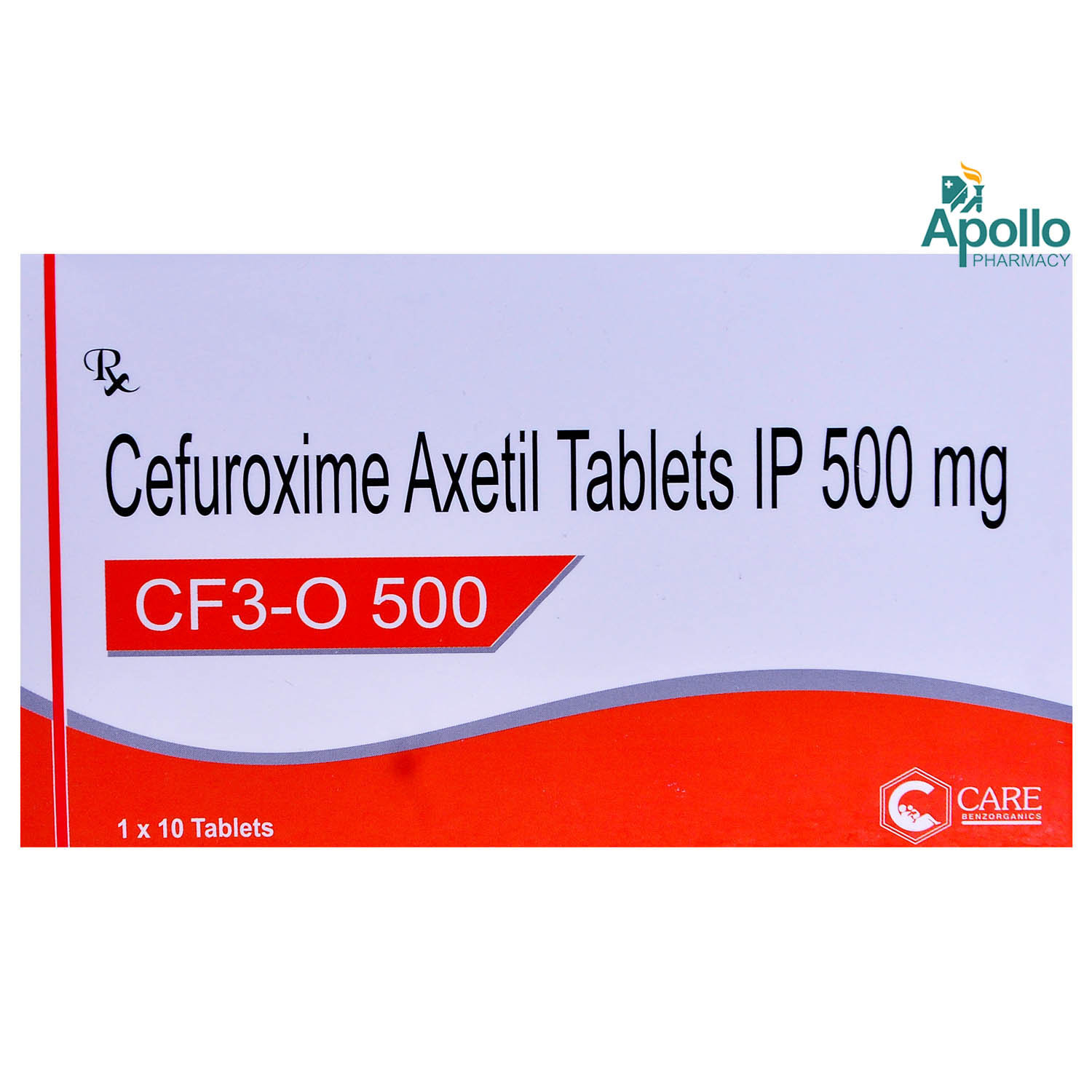
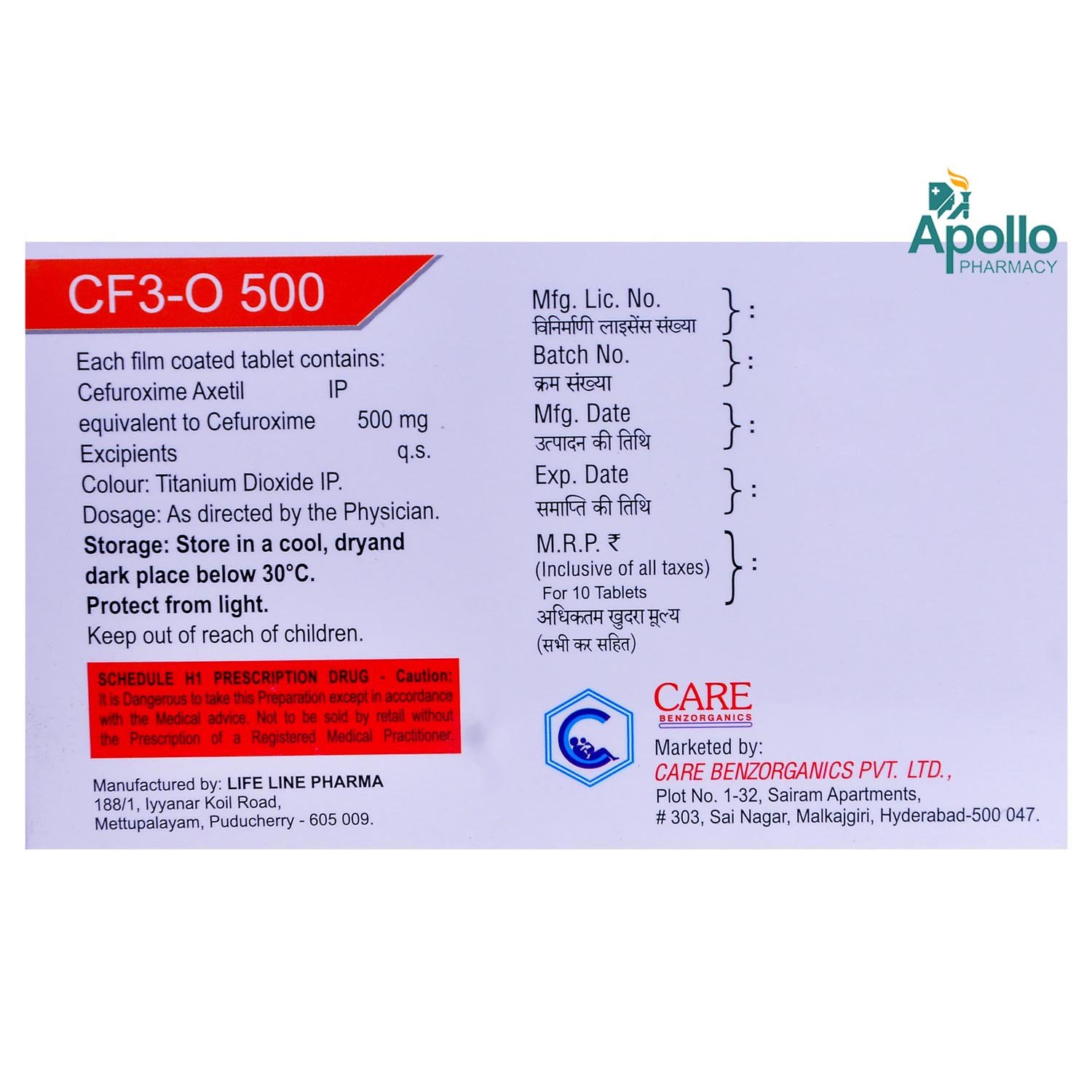
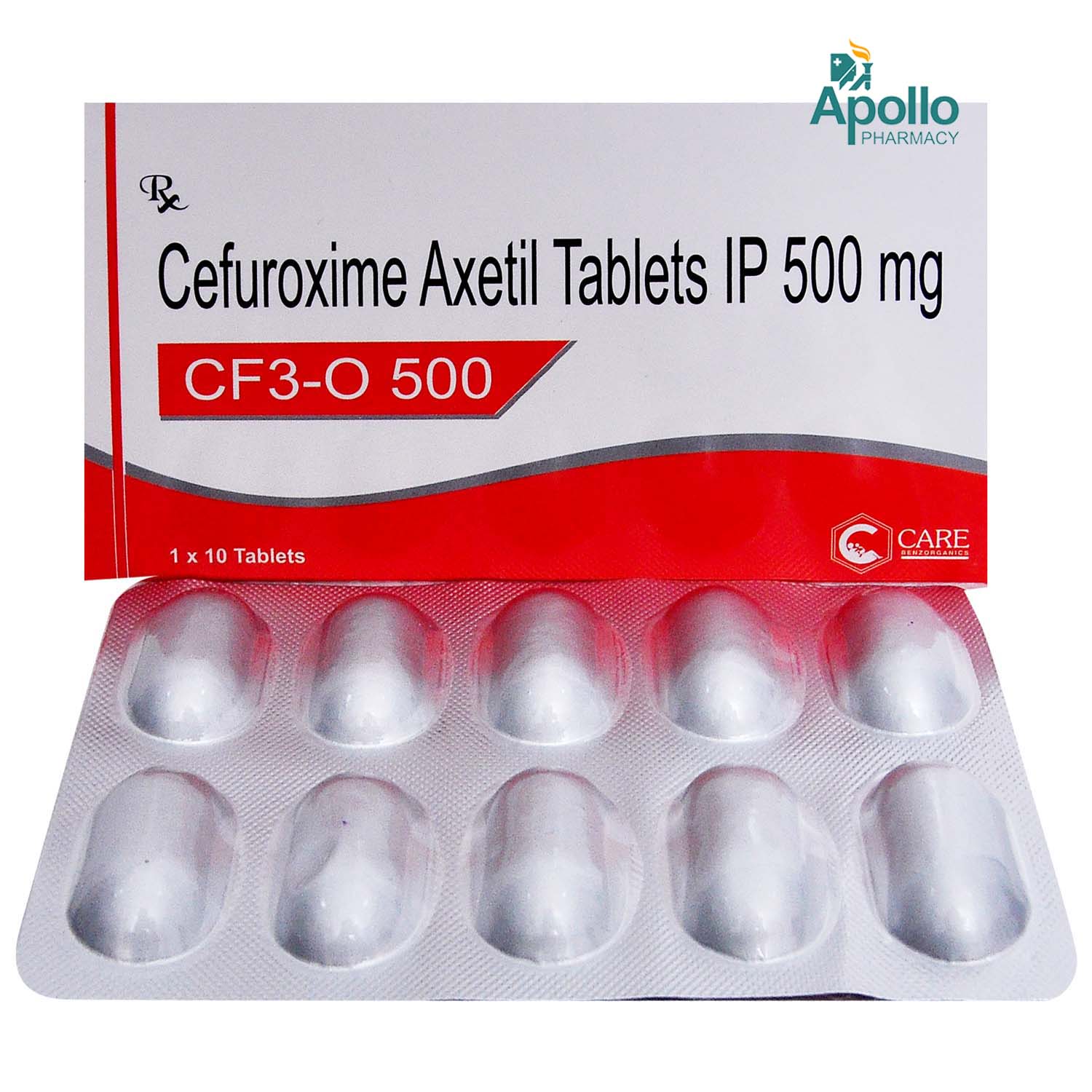
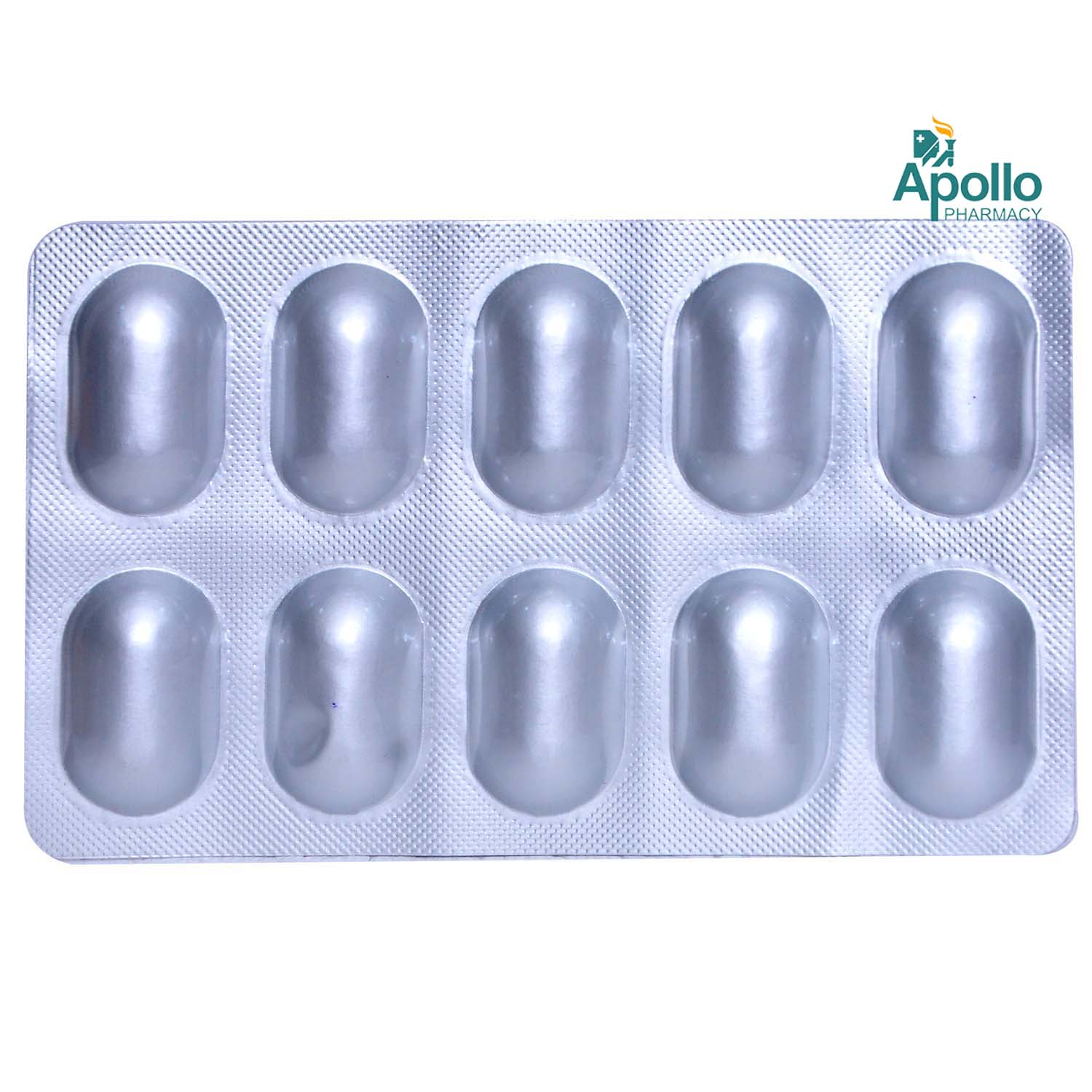
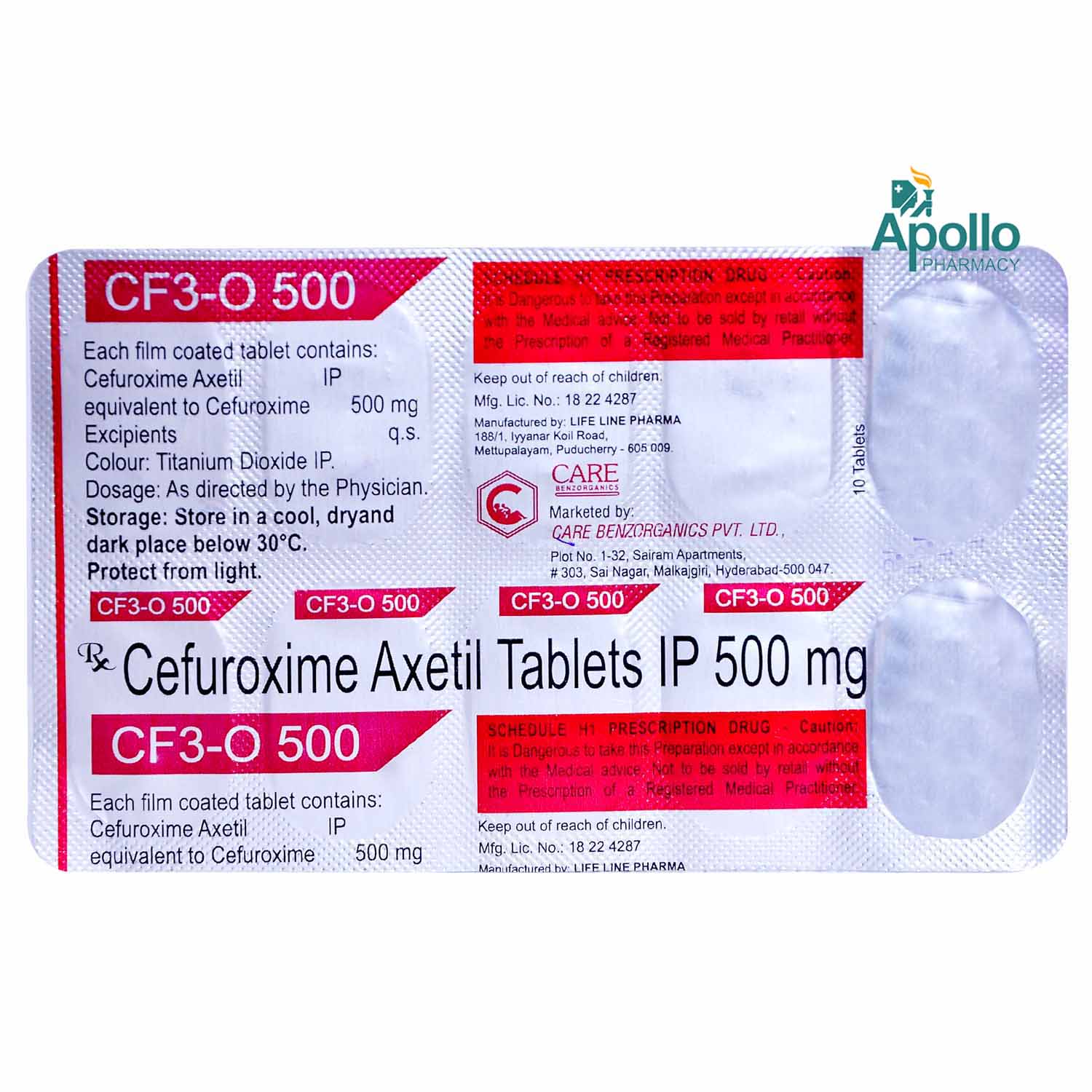






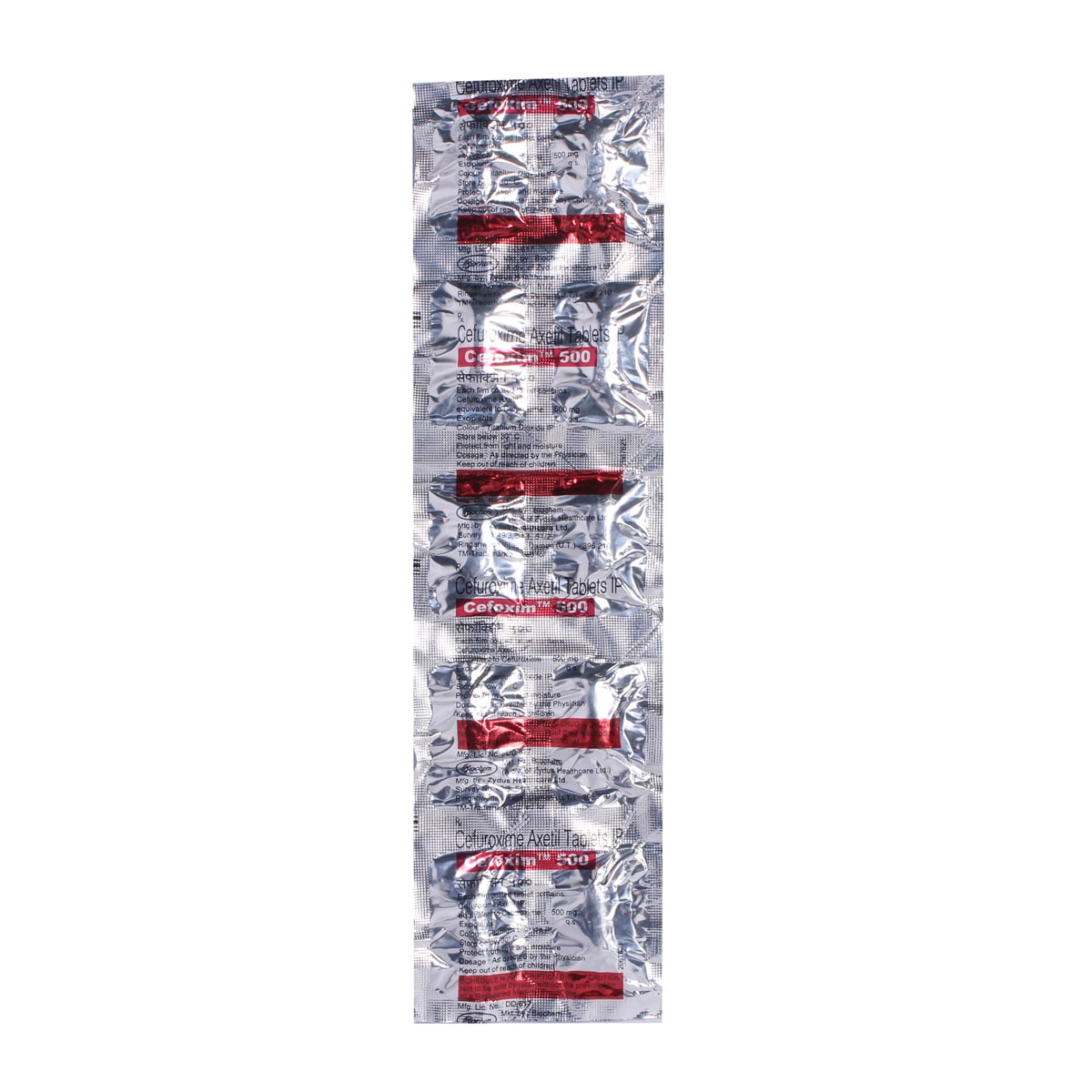
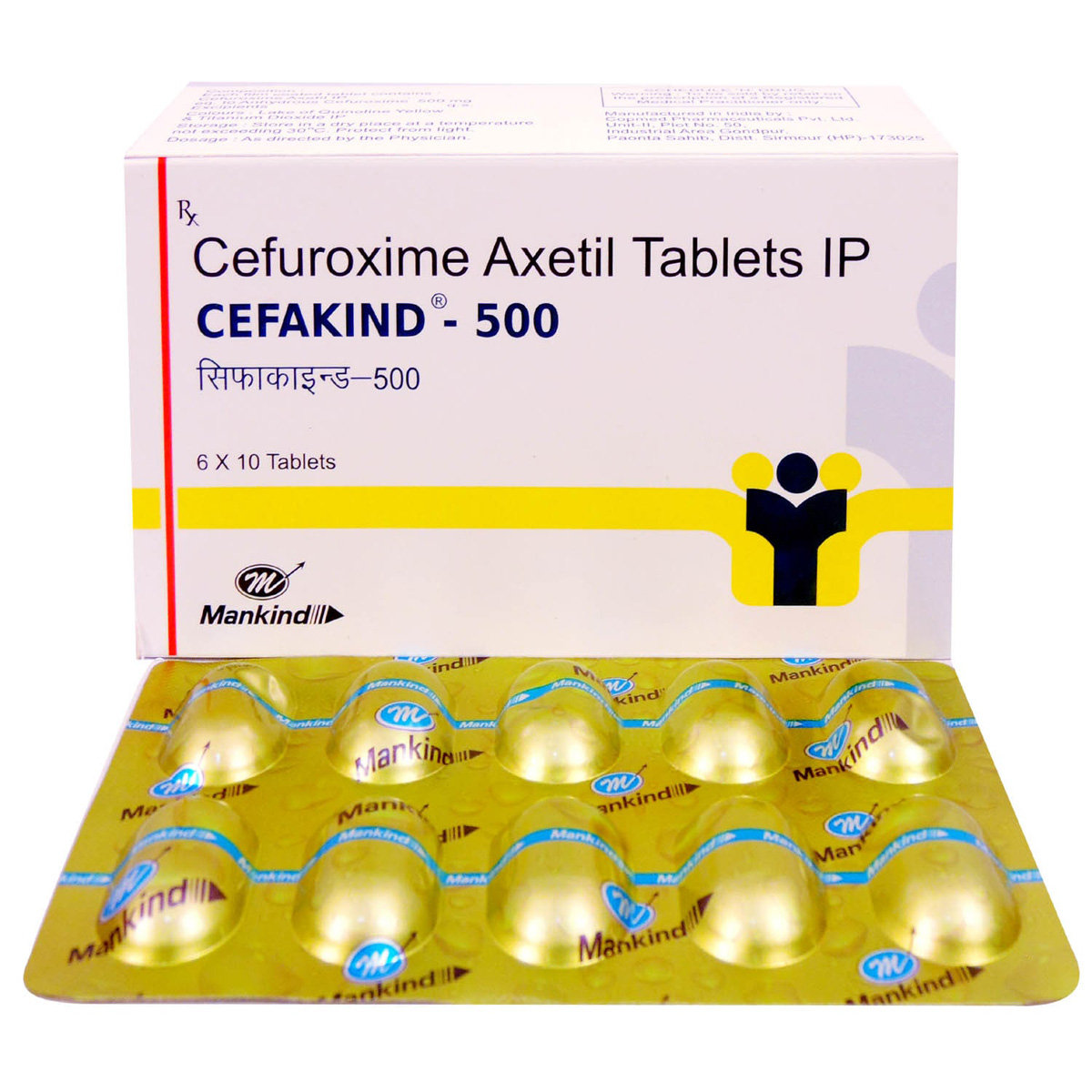
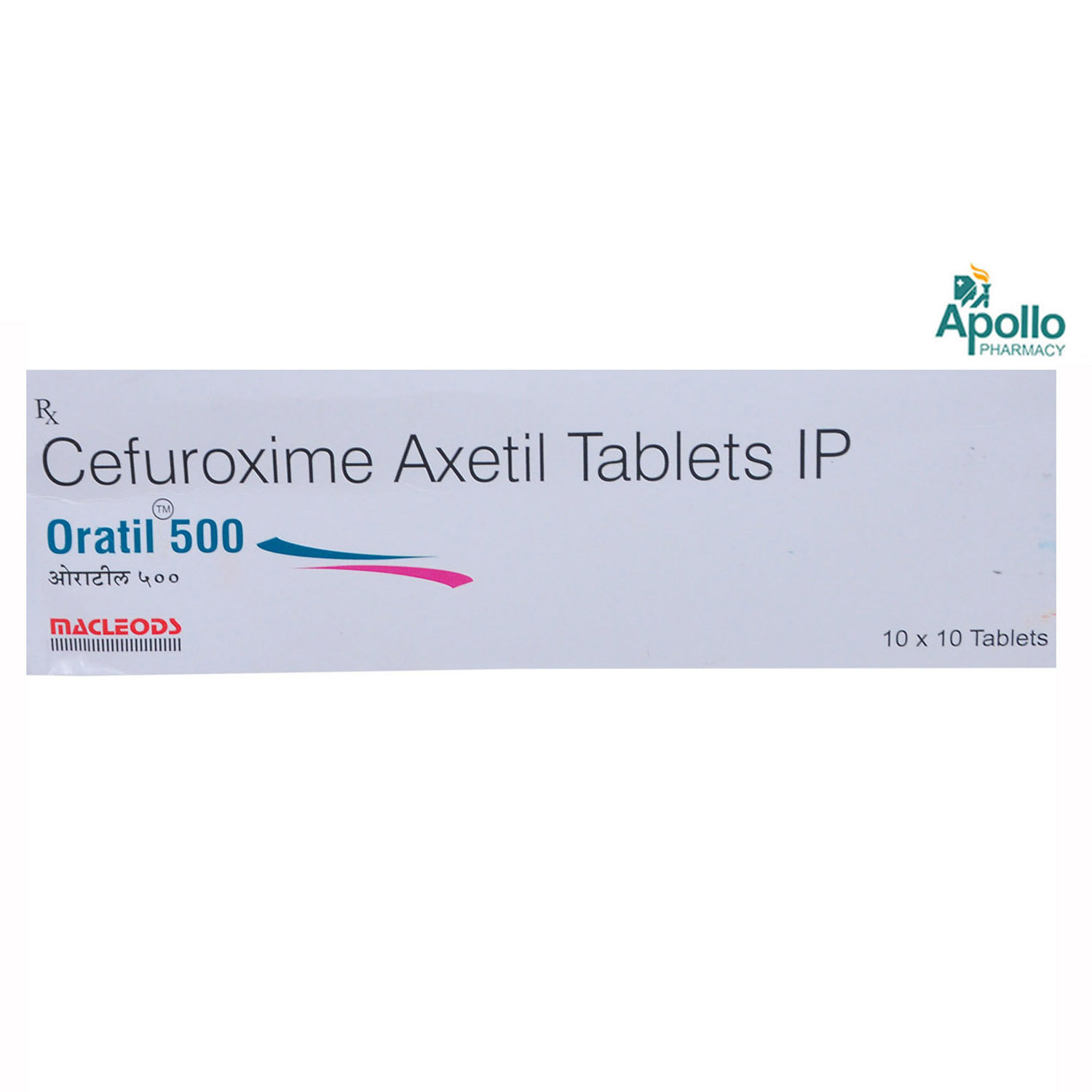
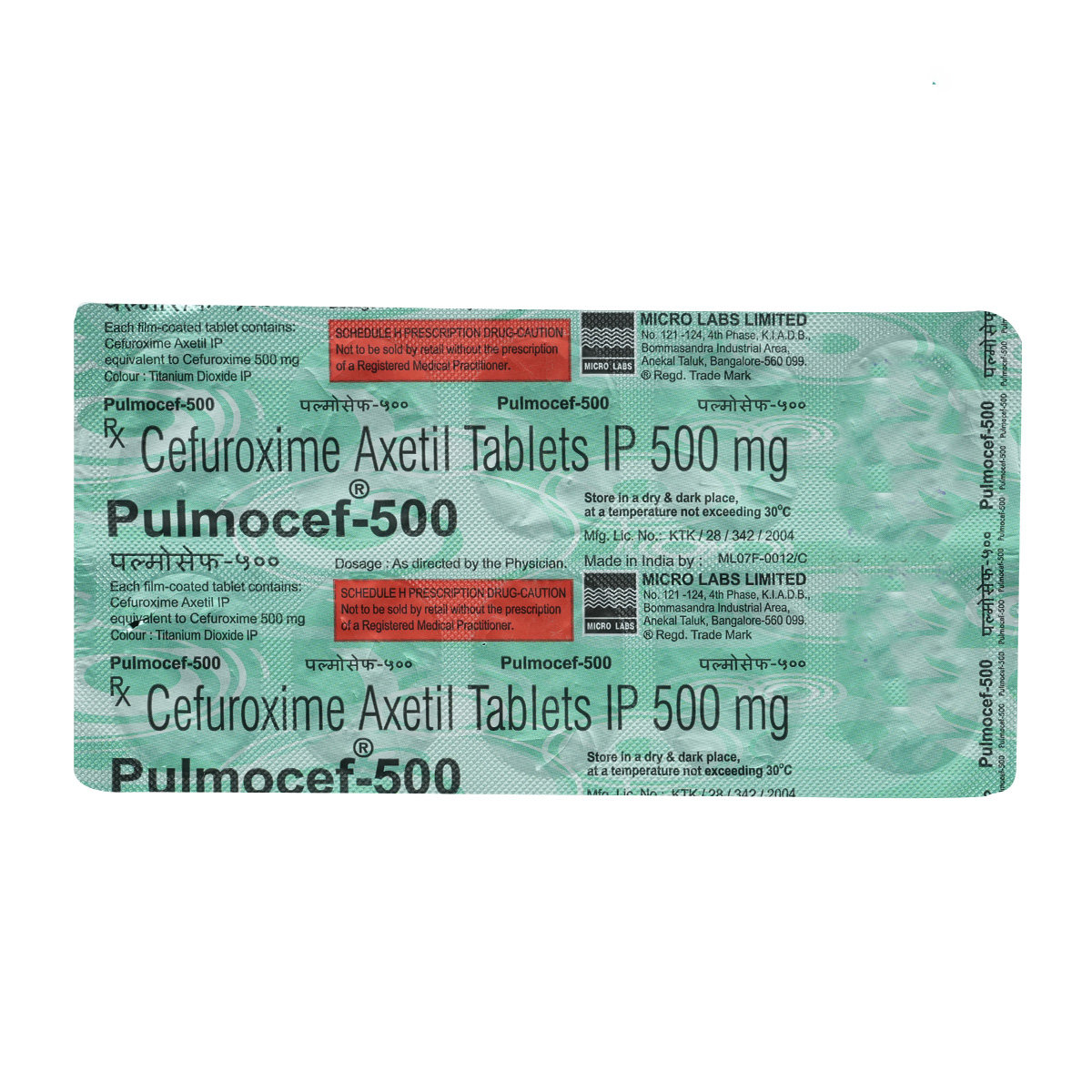
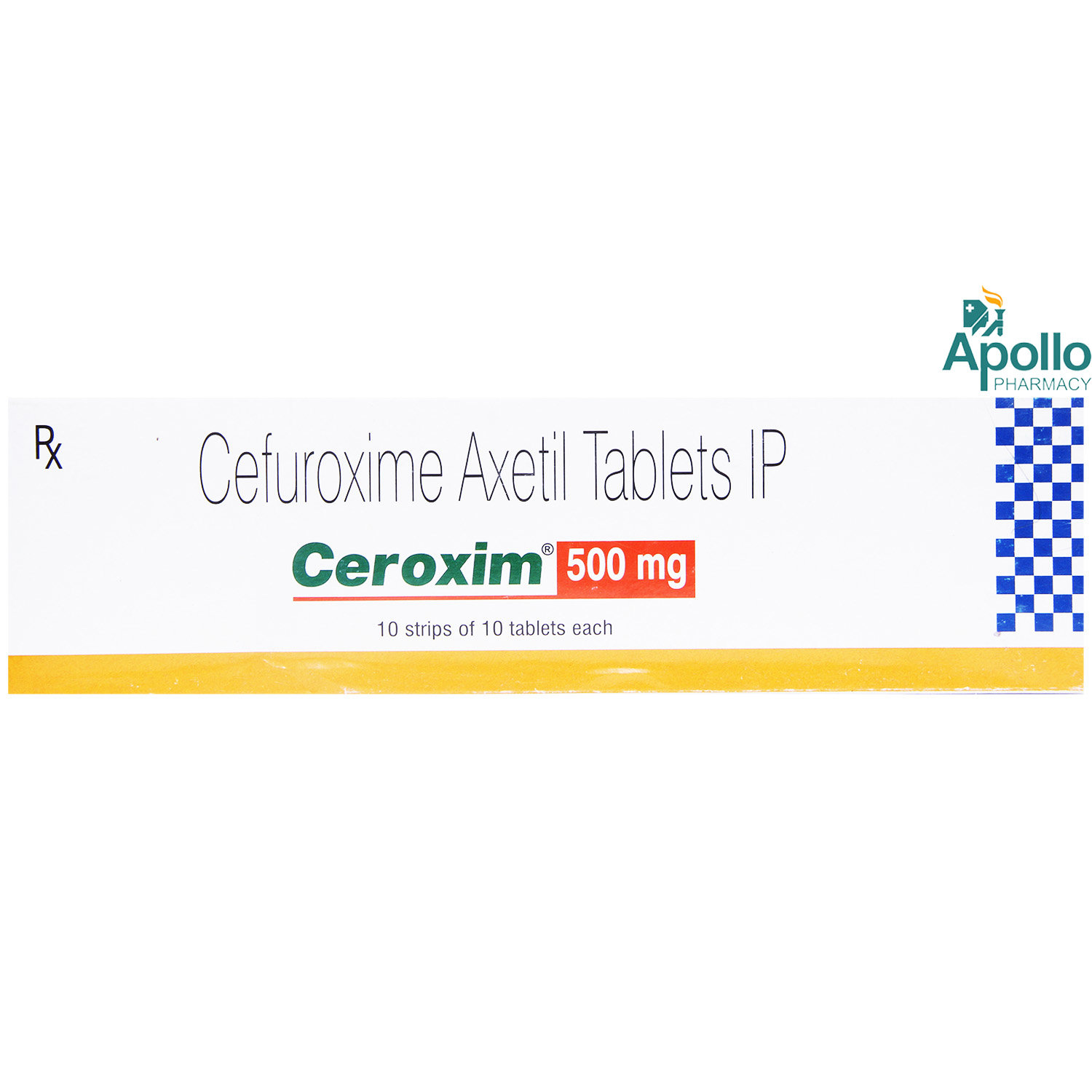
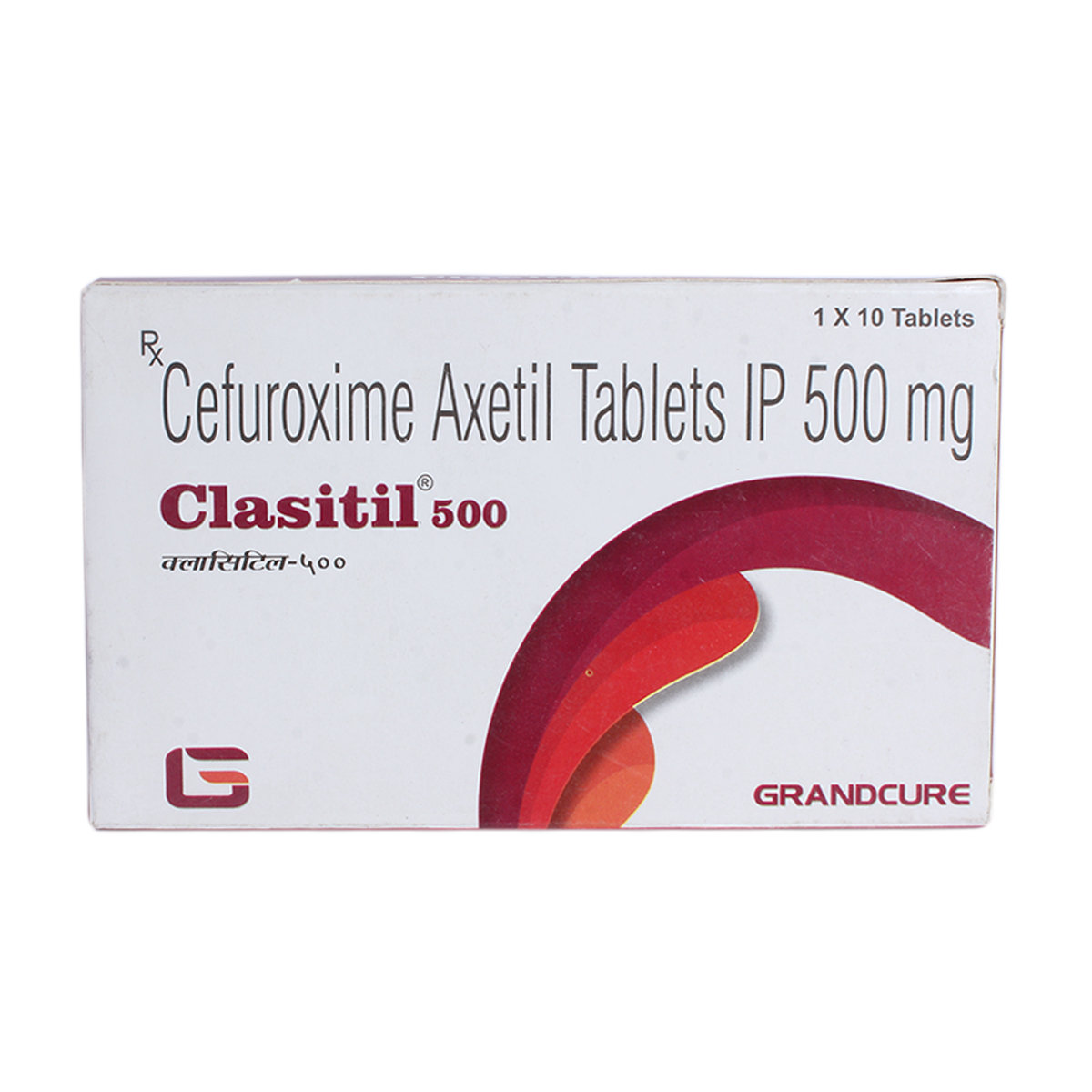
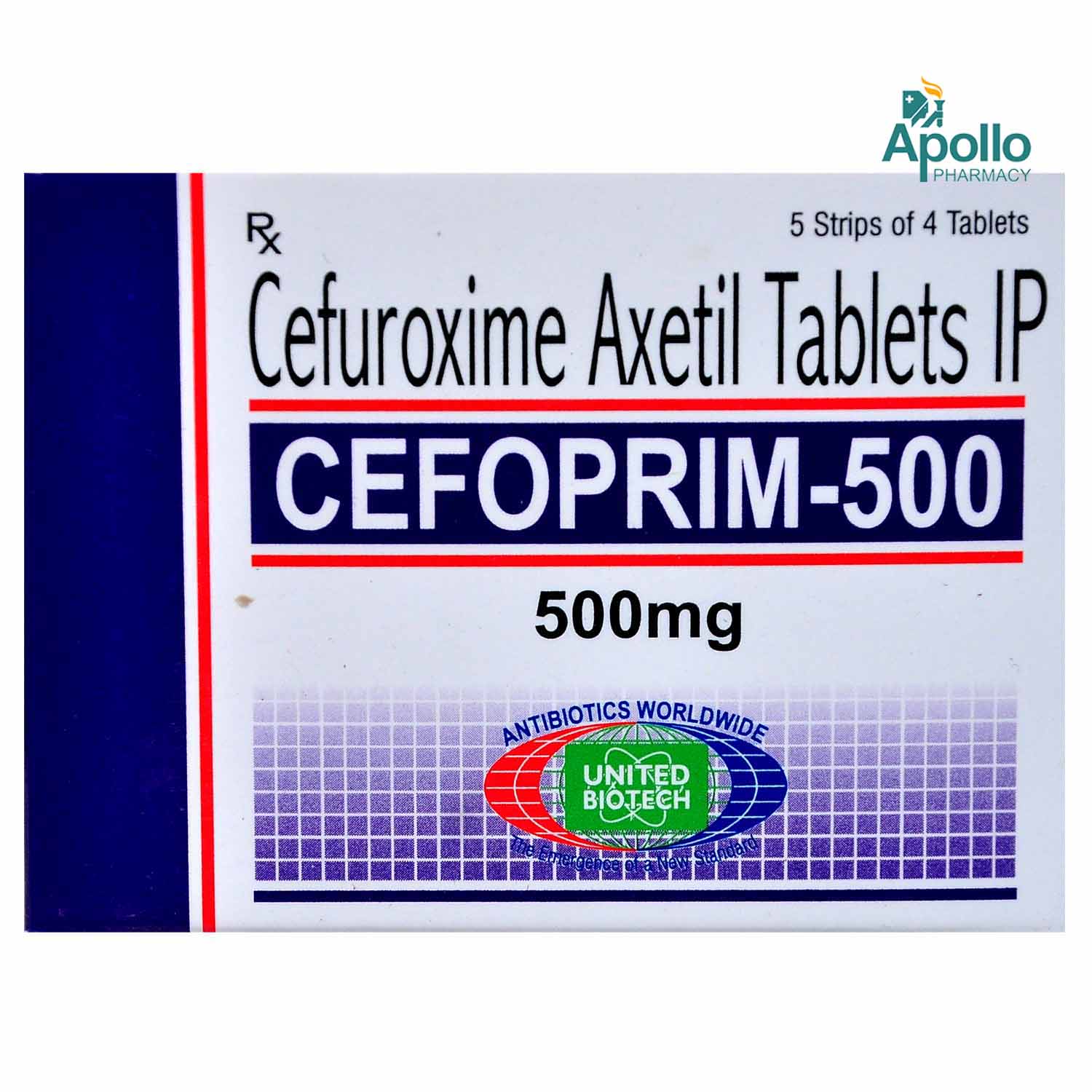
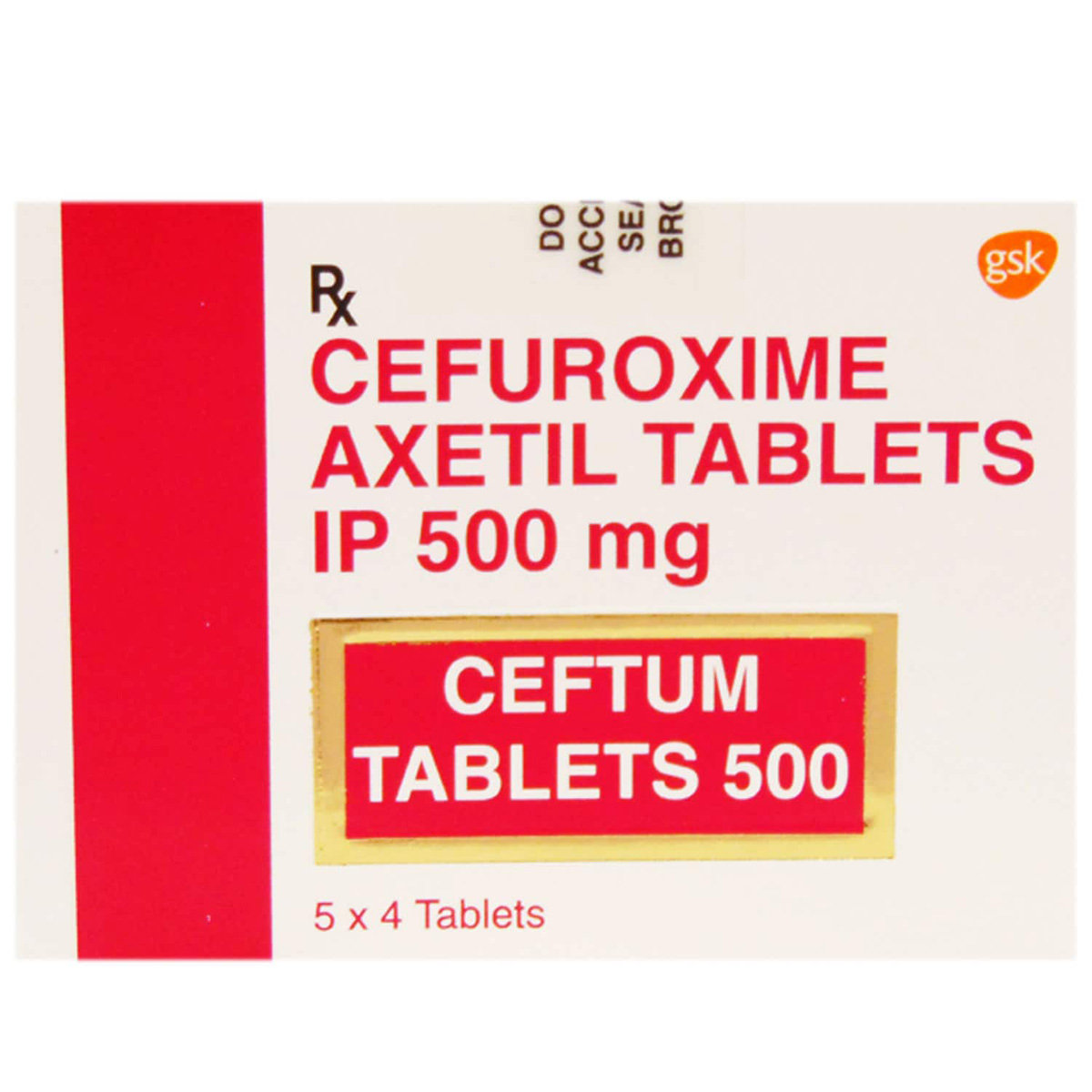
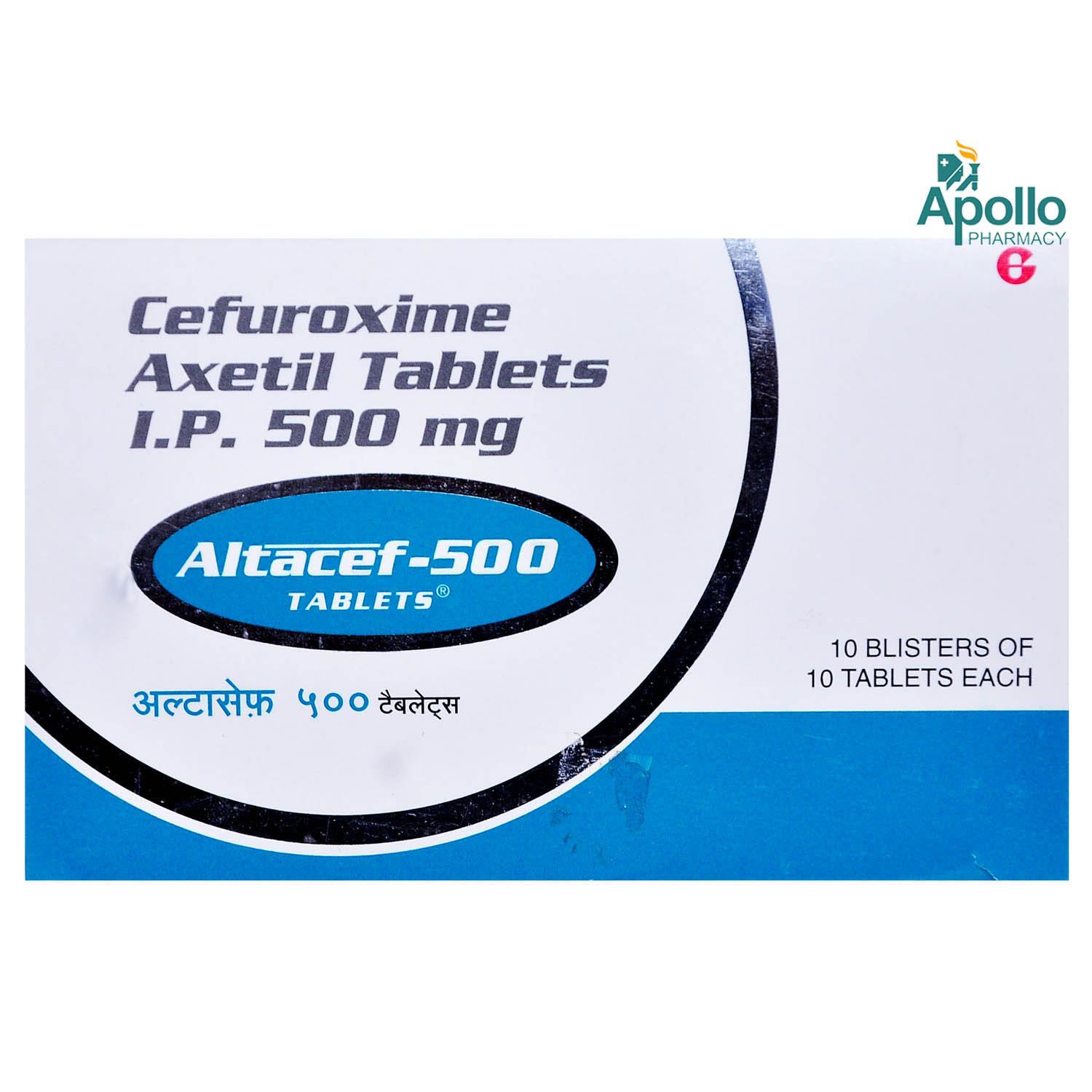

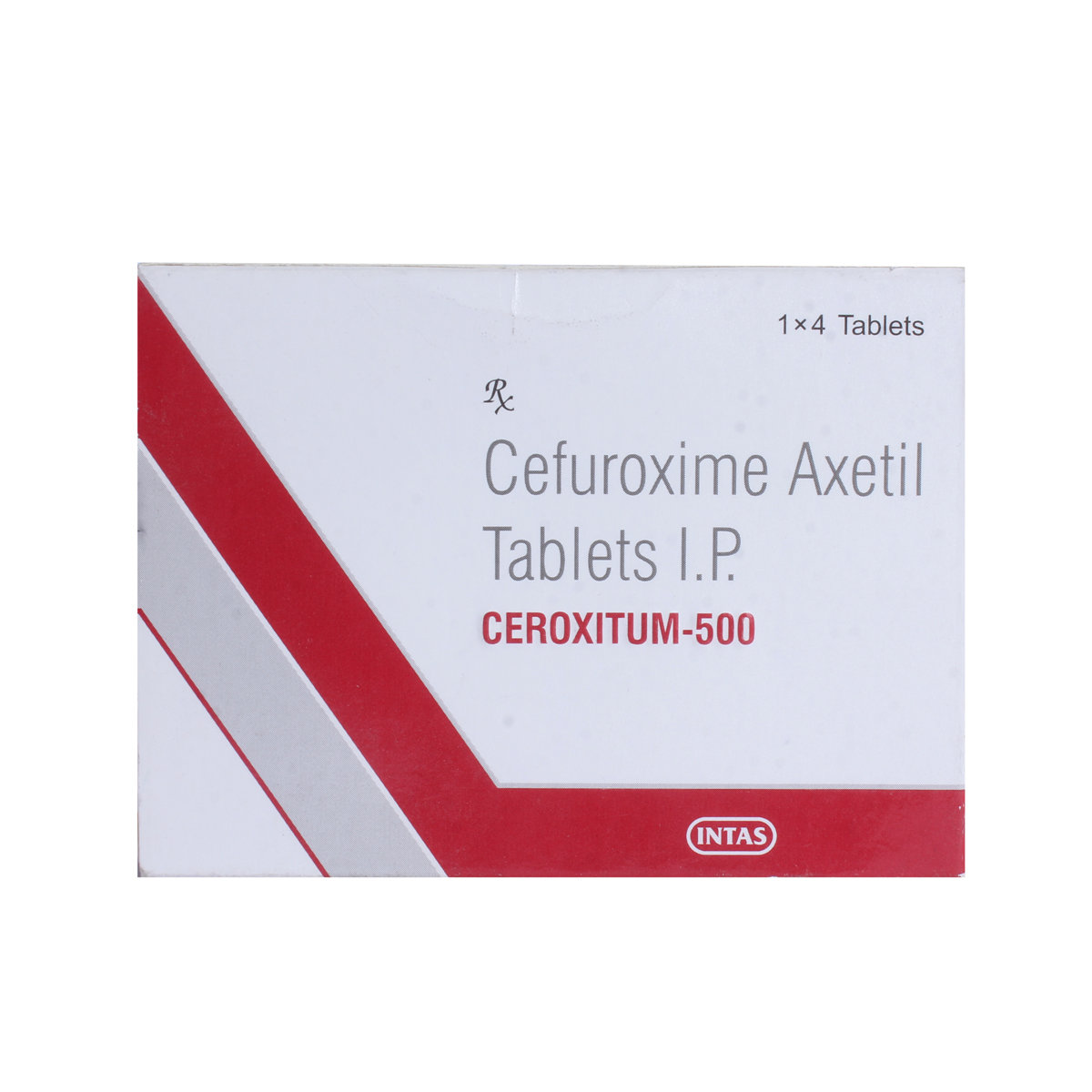
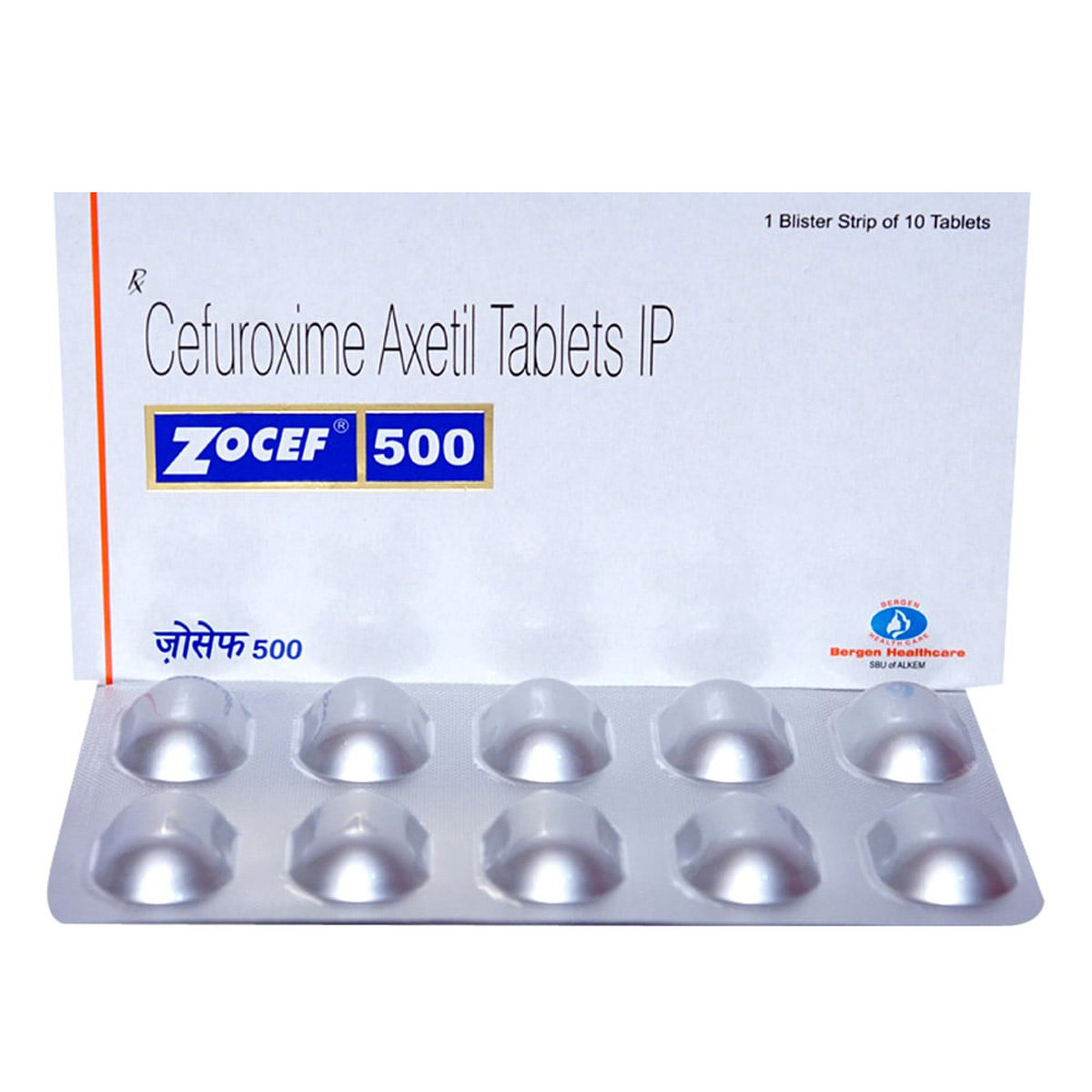
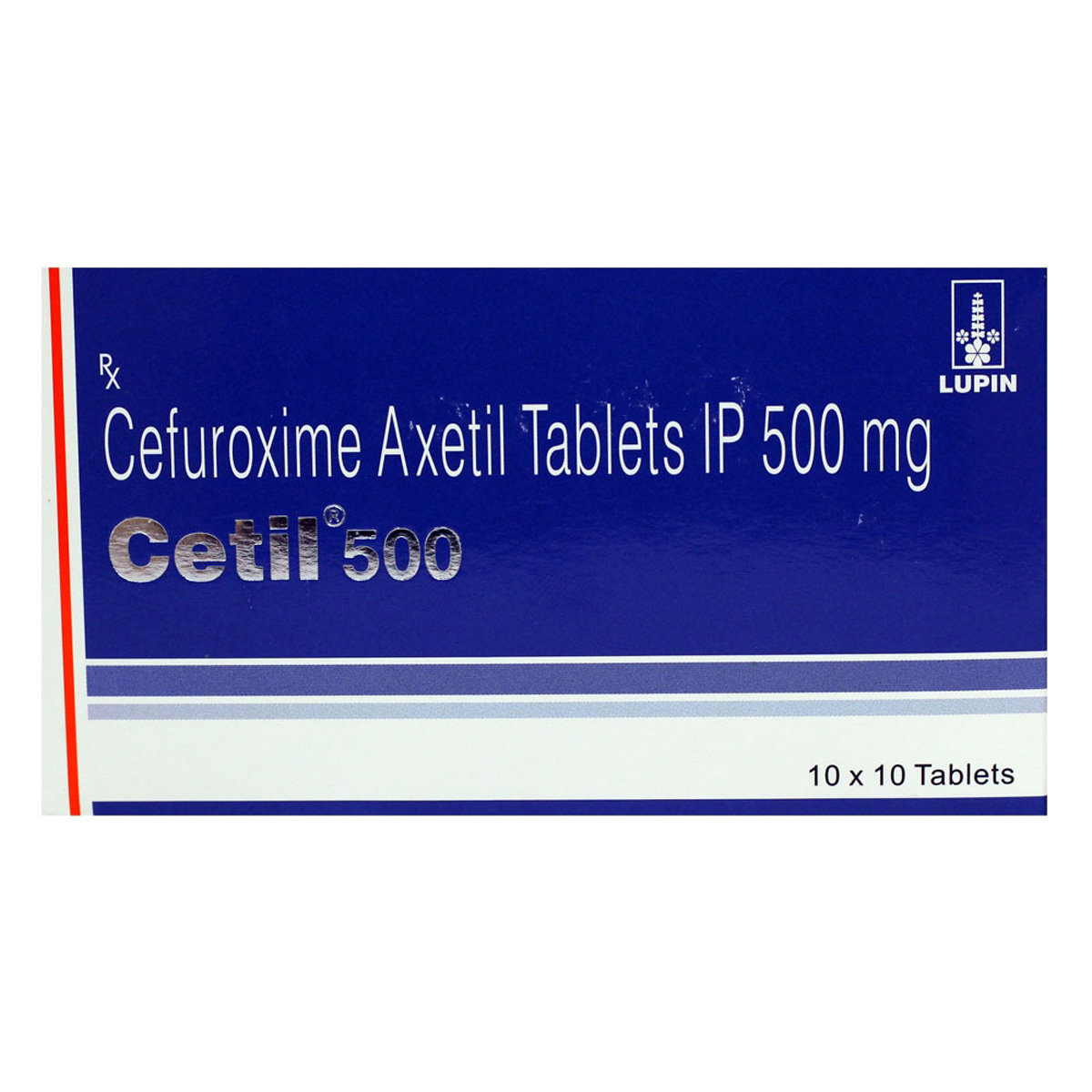




_0.jpg?tr=q-85)
